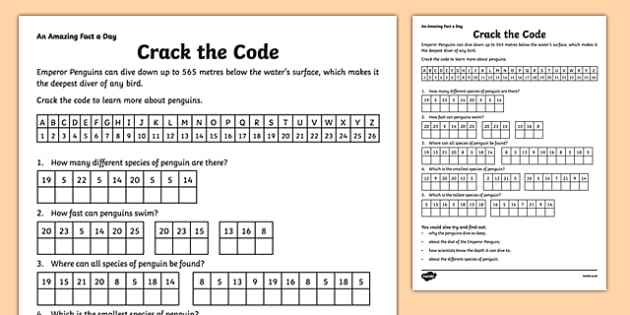
When he asked for feedback over the phone a couple of weeks later, I struggled with what to tell him. Though he wasn't the worst candidate we'd seen by any measure, he was far from meeting "the bar."Rejected. Finally,when he began coding, he flew through the code with an initial solution, but it was riddled with mistakes that he then failed to catch. When he came up with one, he failed to consider solutions that optimized for other scenarios. Most successful candidates could fly through the first question, which was a twist on a well-known problem, but he had trouble developing an algorithm. There were just too many red flags. Though the interviewers generally believed that he was quite intelligent, he had struggled to solve the interview problems. Even if my emphatic recommendation would sway them to reconsider, he would surely get rejected in the later stages of the hiring process. He was a true geek in all the best ways. But, I had to agree with the rest of the committee: the data wasn't there. He had a 3.73 GPA from the University of Washington, one of the best computer science schools in the world, and had done extensive work on open source projects.

Were we being too harsh, we wondered? I, in particular, was disappointed. Of the ten "passable"candidates we reviewed that day, none would receive offers. We walked out of the hiring meeting frustrated, again.


 0 kommentar(er)
0 kommentar(er)
